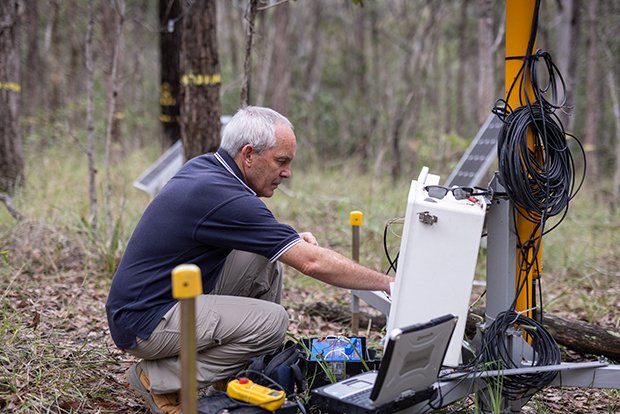Pictured above: David Miliband, CEO and President of the International Rescue Committee visited the Google office in Berlin today, where he met with United for Ukraine’s founders and Google executives.
The Russian invasion of Ukraine is a tragedy with a huge human cost. It’s heartbreaking to see all that the people of Ukraine are going through, and it weighs heavily across Europe, particularly for those with family, friends and colleagues in the region.
We’re committed to doing all we can to help. From the beginning of the war, our teams have been working around the clock to support the humanitarian effort, provide trustworthy information and promote cybersecurity.
United for Ukraine — providing critical information for refugees
The United Nations High Commission for Refugees has estimated that more than 5 million refugees have already fled Ukraine into neighboring countries, with a further 13 million living in Ukrainian territory and in need of vital aid.
For those leaving Ukraine and settling for now in a new country, finding authoritative information and trusted services can be challenging and time-consuming. To help make it easier, Google.org is providing a $1.5 million grant to the International Rescue Committee (IRC), along with a team of Google.org Fellows, to expand access to critical information for those impacted by the war in Ukraine.
The money and expertise will help the IRC support unitedforukraine.org, an informative website and civil society effort that helps displaced people to find housing, legal aid and psychological support. The platform was launched by United for Ukraine, a non profit organization founded in February 2022 by two Ukrainian friends — Olga Hamama, CEO of venture development platform Planet FC, and Nina Levchuk, who happens to work for Google.

Unitedforukraine.org supports Ukrainian refugees through a network of over 400 legal experts and psychological support professionals from more than 30 countries. It will be part of the IRC’s Signpost Project, a global humanitarian technology program that helps refugees find resources to meet their urgent needs. Google has supported the IRC in its important work since 2015, providing $8 million in grant funding and more than 10,000 hours of pro bono support.
Over the course of six months, a Fellowship team of 13 Google employees will work full time and pro-bono with the IRC to help expand unitedforukraine.org and Signpost globally. The goal is to create a trusted place for displaced people to easily find both urgent support and long-term solutions, though of course we hope they will be able to return to a safe and secure Ukraine very soon.
Supporting frontline humanitarian work
This grant is the latest in our work to support humanitarian aid and refugee support groups in Ukraine and the surrounding countries.
Through Google.org and Googlers, we have already committed over $35 million in funding and in-kind support to aid relief efforts for those affected by the war in Ukraine. Many Googlers in the region are themselves hosting Ukrainian refugees in their homes, helping in local reception centers or at the border.
Tomorrow (5 May 2022), at the Donors Conference in Warsaw, I will announce a further commitment of $10 million in humanitarian support, which includes cash grants and in-kind donations, from Google.org and Google to help people in Ukraine. This will bring our total commitment from Google.org and Googlers to over $45 million in funding and in-kind support.
Helping through our products and tools
In times of war, accurate and timely information can save lives. We have been working to make our tools as helpful as possible to people affected by the war in Ukraine.
In Ukraine, we have worked closely with the government to send rapid air raid alerts to Android mobile phones in endangered areas, and feature information on shelter and aid points in Search and Maps.
We’re also working to protect those in the region against cyber attacks — increasing online protections for everyone, while Project Shield, our free protection against DDoS attacks, is already defending over 200 Ukrainian news, government and humanitarian organization websites. On top of this, Google's Threat Analysis Group (TAG) has been closely monitoring cybersecurity activity in Eastern Europe, providing regular updates and sharing information to help others detect and respond to activity.
Globally, Google is elevating trusted news sources in response to searches about the war — and shutting down harmful content and misinformation. Since the war started, YouTube has removed more than 8,000 channels and 60,000 videos for misinformation, hate speech or graphic violence related to the war in Ukraine.
Throughout, we’ve worked to ensure that our efforts provide meaningful support to the people and businesses affected by the war – and we intend to keep focused on that goal, whatever the future may hold.


